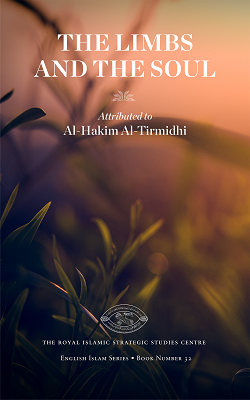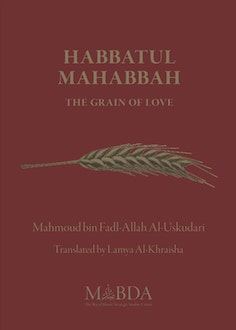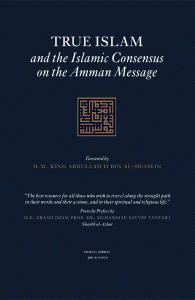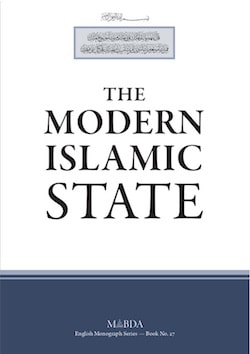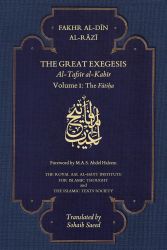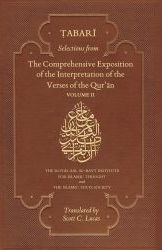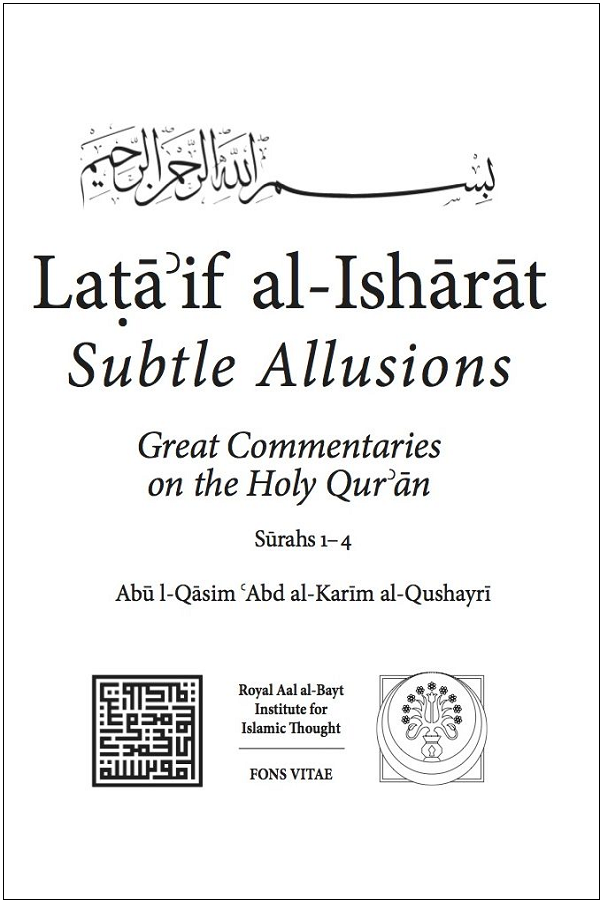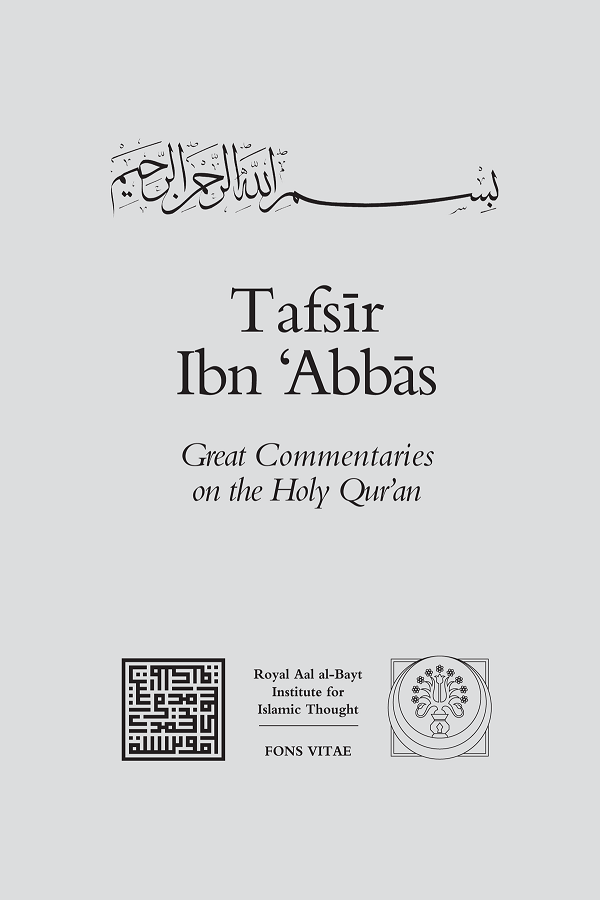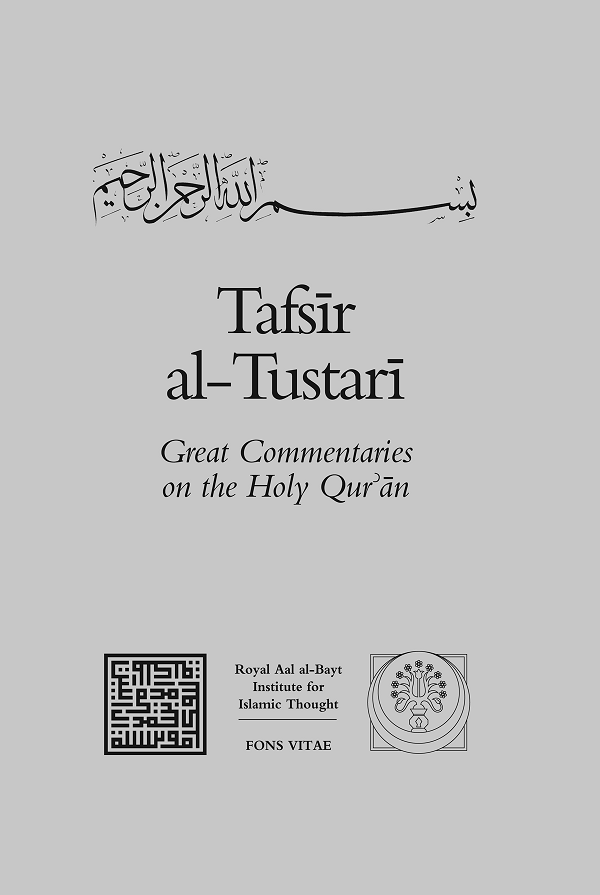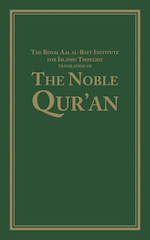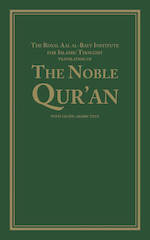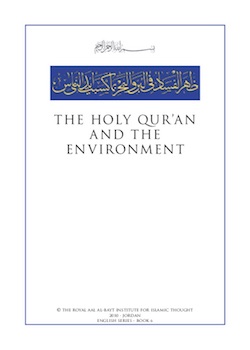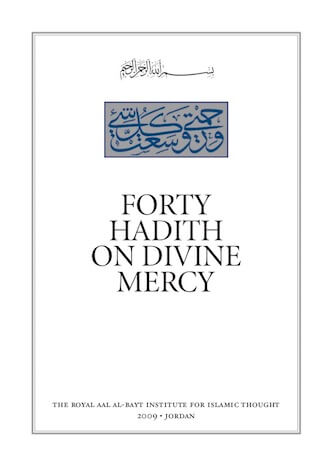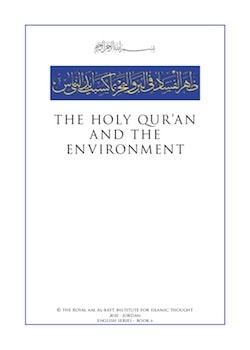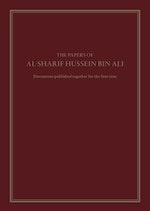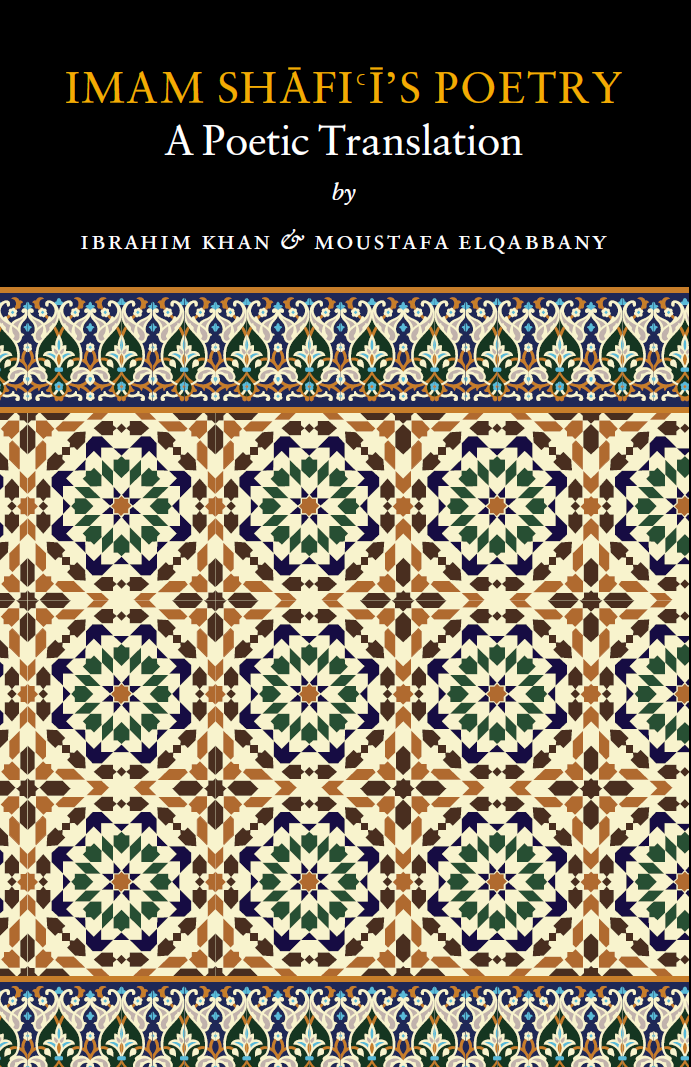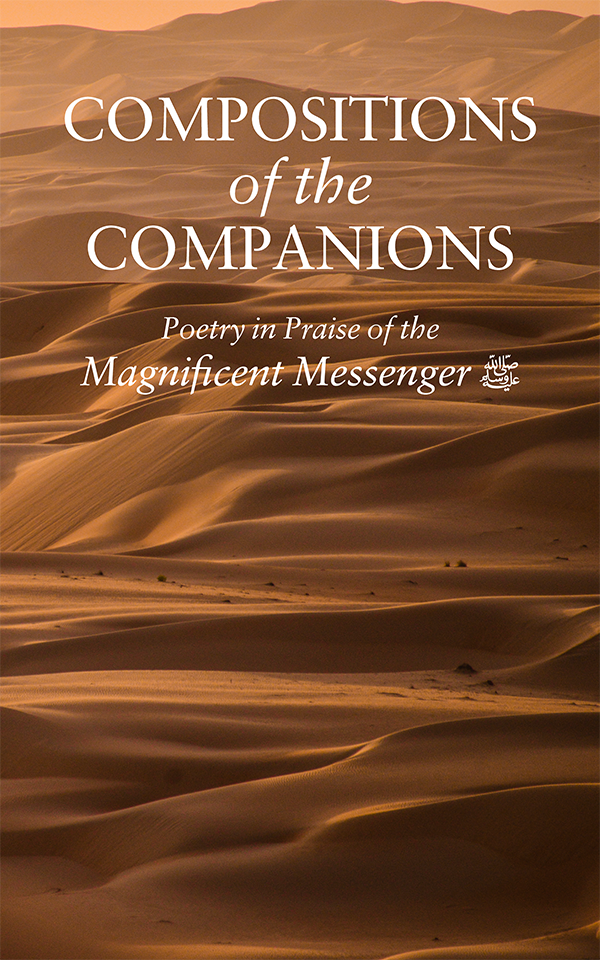The 500 Most Influential Muslims 2009
DEC 3 — The past couple of weeks has shown that Malaysians are featured in the “500 most influential Muslims in the world” list. The research categorised influential people into 15 categories — depicting the source of influence, among others, Scholarly, Political, Administrative, and Lineage. It is interesting to note that Women is also in one of the categories.
The research done by the Royal Islamic Strategic Studies Centre (RISSC) of Jordan exerted that influence is hard to be quantified, thus those who are in the top 50 position are monarchs, religious scholars, or leaders of religious networks.
It also exerted that geography played a vital role in determining how influential someone is. Let’s say you are a religious scholar living in the Middle East, you are more likely be more influential than those living outside the region. North America and Europe are homes to many influential Muslims, considering the number of high-ranking institutions situated in these regions.
You are probably aware that the RISSC has placed Tuan Guru Nik Aziz Nik Mat, at the 42nd position in the list.
Other Malaysians on the list are Sharifah Zuriah Aljeffri (Women), Zainah Anwar (Women), Prof Dato’ Dr Osman Bakar (Scholarly), Anwar Ibrahim (Political), Mohideen Abdul Kadir (Development), Prof Dr Mohd Hashim Kamali (Scholarly) , Dr Mahathir Mohamad (Political) and the nasheed group, Raihan (Arts and Culture).
It is also noted that only the top 50 is ranked. The other 450 appear unranked. But, there are 12 names that appeared in a list said to have an influence, compared to the top 50 people.
I can’t help but wish to put into context the 42nd name on the list, make some commentaries on the relevance of the list on the Muslimah’s movement in Malaysia, and track some trends on the future of influence/popularity in the Muslim world in the coming years. These are my interests, among other things that I too wish to write on.
Without any royal connections, being far from the Middle East, and not in command of a big oil reserve under his feet, I would say number 42 is quite something. I try to differentiate between two subjective things — influence and popularity. You have Dr Abdul Qadeer Khan at number 46 — A Pakistani Nuclear Scientist — the father of ‘Islamic Bomb’ who made Pakistan into a Muslim country with nuclear weapon.
Osama bin Laden made into the list — as a radical. I believe he is more popular than our own Tuan Guru, but in this case RISSC made him less ‘influential’.
I do believe however RISSC has considered popularity as one of the most important aspects to denote influence. Amr Khaled for who is at 14th place in the list is an example of this. A televangelist whose website said to rival Oprah Winfrey’s, Amr Khaled has been ranked as the 13th most influential person in the world by Time magazine.
Now it gets harder to quantify influence and popularity.
Said to have source of influence in the Administrative, Political and Scholarly spheres, — Tuan Guru Nik Aziz is written in the book as a Spiritual Leader of the largest political party in Malaysia. The RISSC also added that he is a “spiritual leader of Malaysian Islamic politics, and holds very important sway over the tenor of politics in the nation” — I can’t help but agree, he really deserves the spot.
Tuan Guru Nik Aziz is always in the middle of controversies. But at every turn, one can learn something from his method of handling problems — by employing two of the most important Islamic elements, which are the spiritual and intellectual. He is a teacher to both his rivals and his friends.
In the time of writing, the 42nd most influential Muslim in the world is asked to resign his position.
It is not a surprise when two members of Sisters in Islam (SIS) made it to the list under the Women category. Zainah Anwar and Sharifah Zuriah Aljeffri are both members of the movement, and being in the list is proof that despite the many critics hurled towards SIS, the world community is beginning to accept them. Musawah, a Global Movement for Equality and Justice in the Muslim Family, which was launched on February 2009, has been initiated by SIS, indicates just how sophisticated the movement is.
Prof Amina Wadud who was a lecturer in International Islamic University Malaysia (IIUM) between 1989 and 1992 also made it to the list in the same category as an influential Muslim in the United States.
However, not a single first lady of this Muslim country however, made it to the list. Turkey has Hayrunnisa Gul — the first First Lady in Turkey to wear the hijab. I begin to have a secret wish that the next person who becomes the first lady in the future, will also have an influence on the Muslimahs of the country and beyond. A good influence, I mean.
This shows that the Malaysian Muslimah Movement is not far from being influential, but the many criticism hurled their way, can’t help but makes me think if there is truth that Muslim women in Malaysia don’t speak their minds, or are they wrong to making SIS as a representative of the Malaysian Muslimah.
But then, who is the most influential women in the Muslim world? Number 31 — Syeikha Munira Qubeysi — is a leader of a women only Islamic movement. She is an educator, and she has more than 75,000 students.
The Malaysian Muslimah Movement has alot to learn from her. Meanwhile, critics have to do better. They should wipe-out inaction from their vocabulary. And there is a lot to be done, when there are only 43 women in the 500 long list.
Revisiting Amr Khaled at number 14, there are a lot of reasons to see why he was given this spot. He owns the most popular personal website in the world with 20 million regular users, 232,219 fans on 79 Facebook groups, and 2 million hits on 200 Youtube videos. He makes everything seems possible to the average person.
At number 19, we can see IslamToday.com supervisor, Sheikh Salman Al-Ouda. IslamToday.Com has 2000 daily hits. Sheikh Salman is also featured in many TV appearances, with global reachability.
These are ‘ordinary people’ who have major influence in the Muslim world. The list boasts royalties, grand muftis, spiritual leaders, presidents and head of nations. It seems that you and I have a shot here — by hosting a website that caters to many. But you can always opt to follow the footsteps of Osama or Obama — the latter accused as a Muslim, and does is not given a place in the list.
Whatever it is, the media is playing a very important role in the new age. Whether you own one or you opt for the alternative, is beside the point. Having both however, is one of the strategies that media giants adopt. CNN for example, being an old media agency, provides a personal touch by making their newscasters active on Twitter.
In the next 10 year, the list will have to consider the influence made on the youths of today. Influence and popularity tend to be similar in the new world. You are said to have an influence if people are able to look you up easily on Google, able to communicate with you through the various social networks, that you have plenty of connections with important people, for instance those who have a say in the Parliament, and that you are listed in Wikipedia.
While it is getting more subjective to quantify influence today, the published list helps. Fellow Muslims may look at it and see that there are people out there doing real work to help better the world, and they are Muslims. They can be proud of people featured, and also have faith that they can do something major, even though they are inside the Muslim community — assumed to be restrictive by many who do not understand Islam.
Others can have a look on the list and track the trends of Muslims, and where they are heading. They can identify who are the ones representing Islam in their community and learn from them.
The list has shown that there is a very thin line separating popularity and influence. The Issues of the Day category however, compensates the subjective “popularity equals influence” equation. The category boasts names that are involved in the recent issues in the world of today — I might even say this is where the real work is being done, though it may have either good or bad influence.
RISSC welcomes everyone to contribute to the list next year by sending emails to them. The list will become something to look forward to in the coming years, though I now wish that there will also be a list on “Muslims of the year”. The subjective influence/popularity can be put out of the equation — and those who really did contribute something, those that matter in the Muslim world made it to the list.
Hilman Nordin is a reader of The Malaysian Insider.


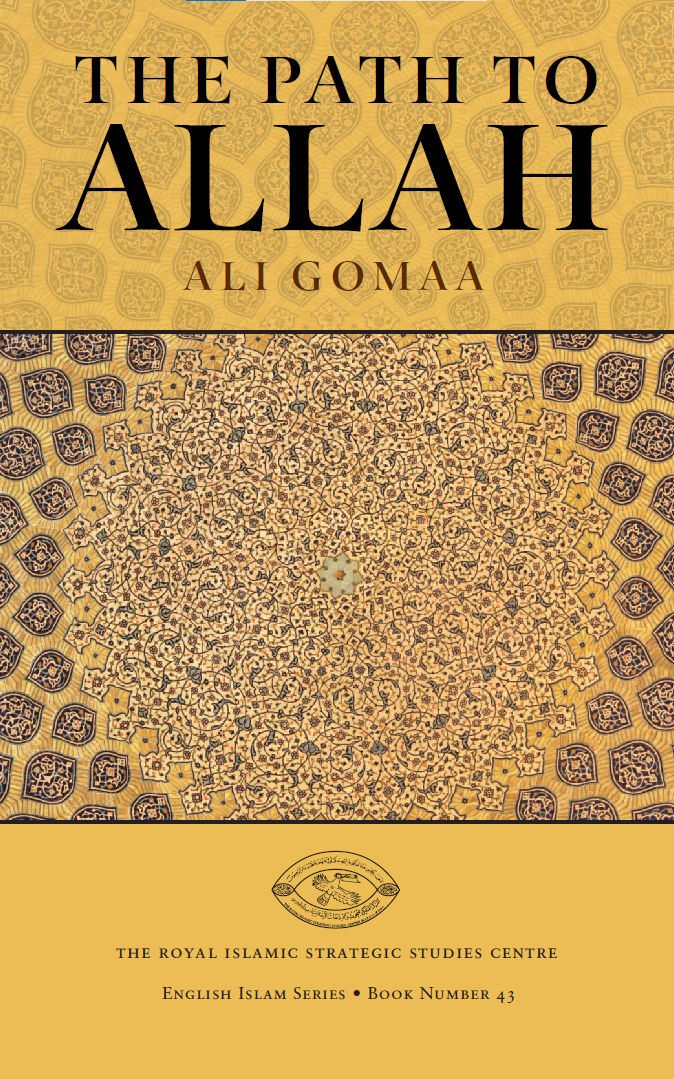
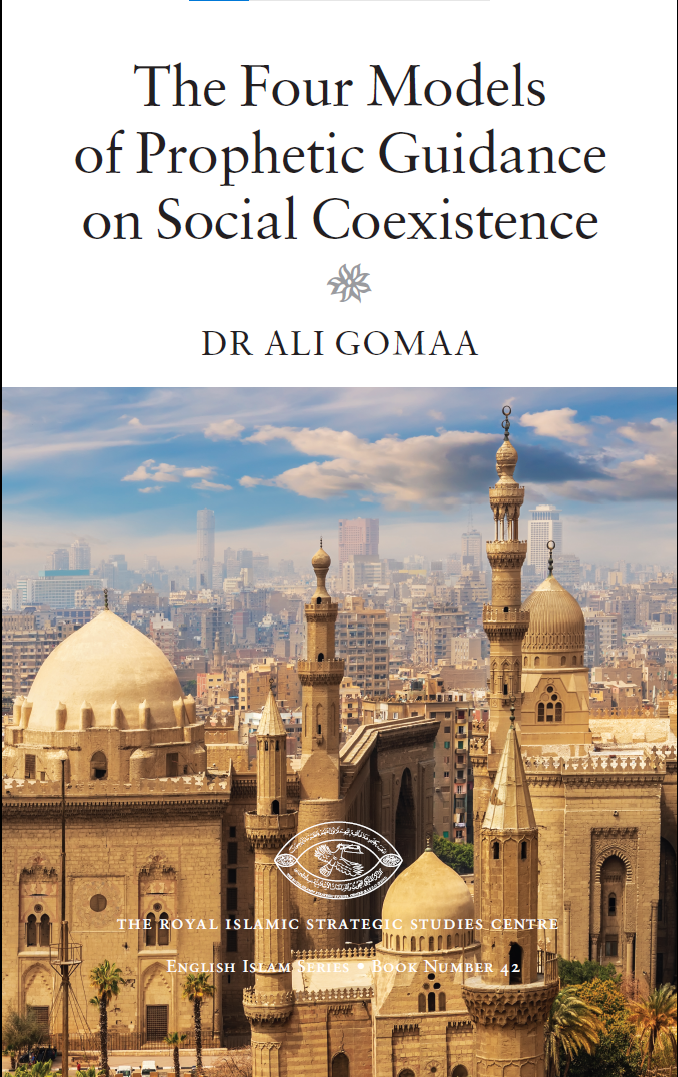
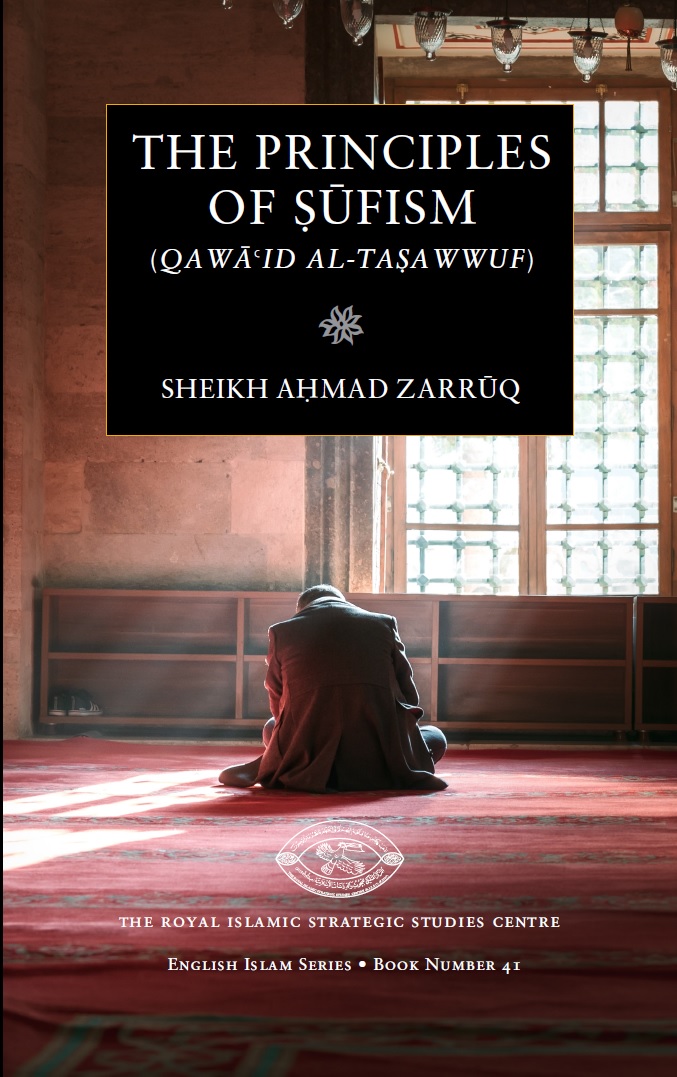
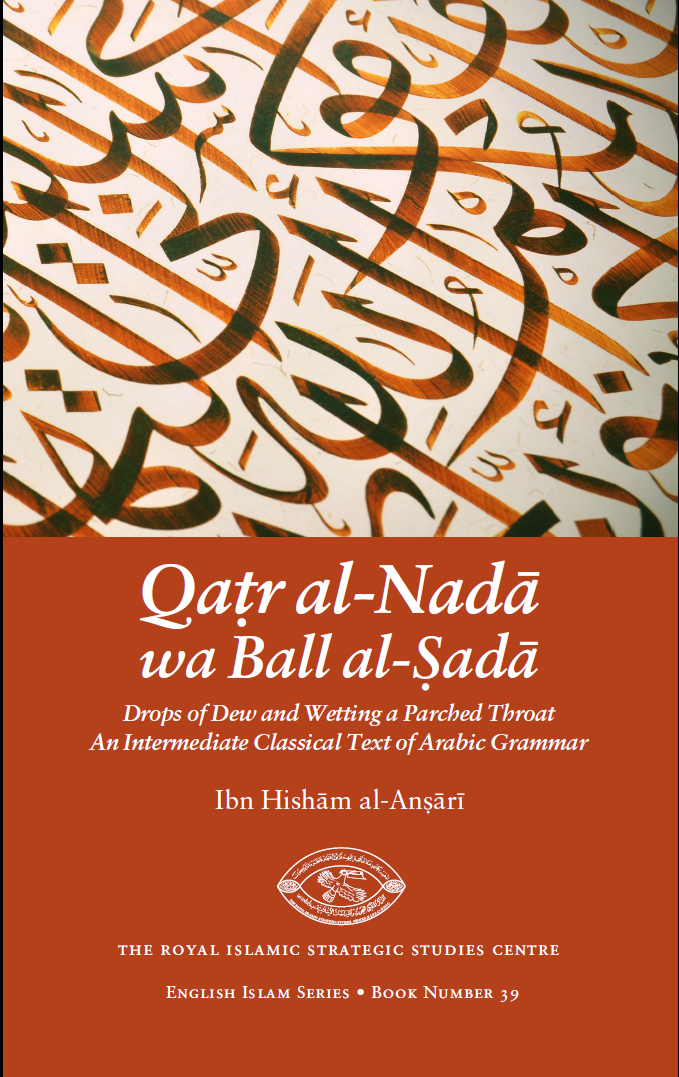
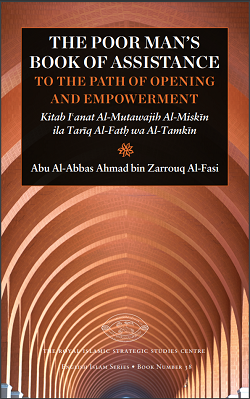
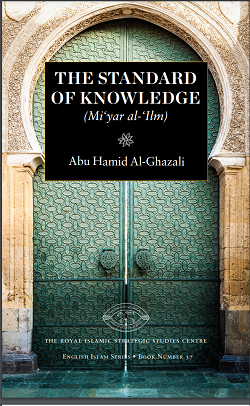
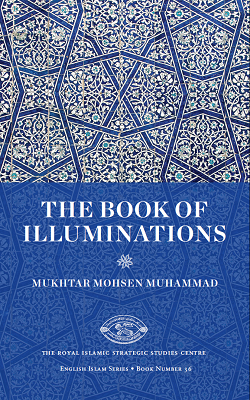
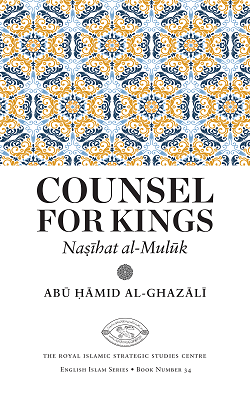
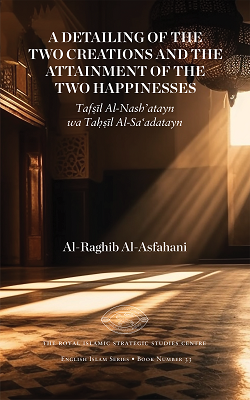
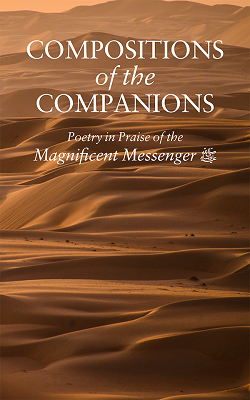
![OrnamentsofGatherings_EnglishArabic_BookSingles_05-06-23[63]_Page_001](https://rissc.jo/wp-content/uploads/2023/06/OrnamentsofGatherings_EnglishArabic_BookSingles_05-06-2363_Page_001-scaled.jpg)
